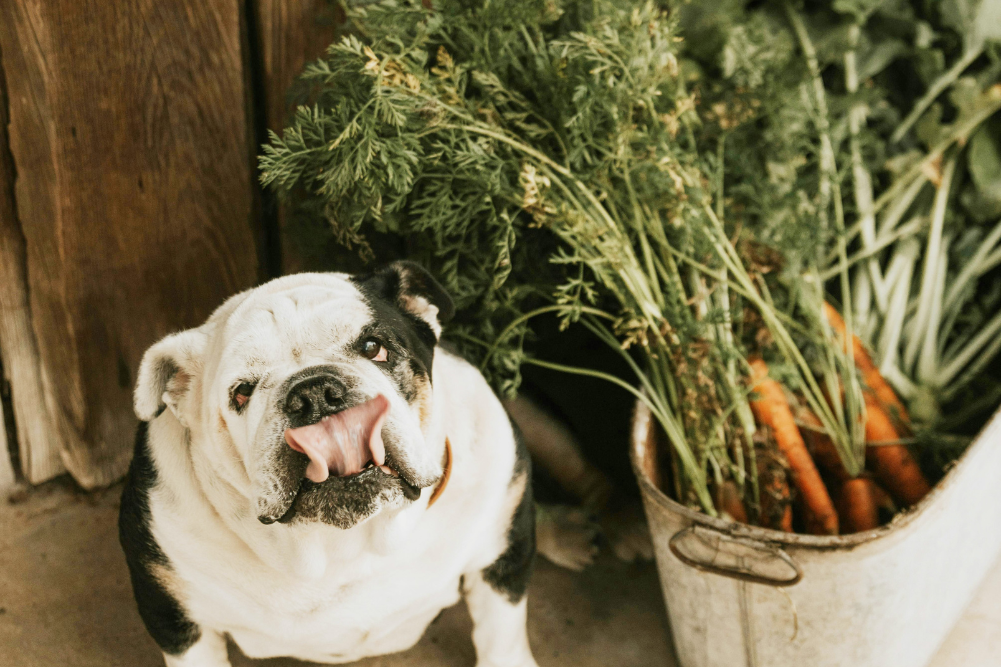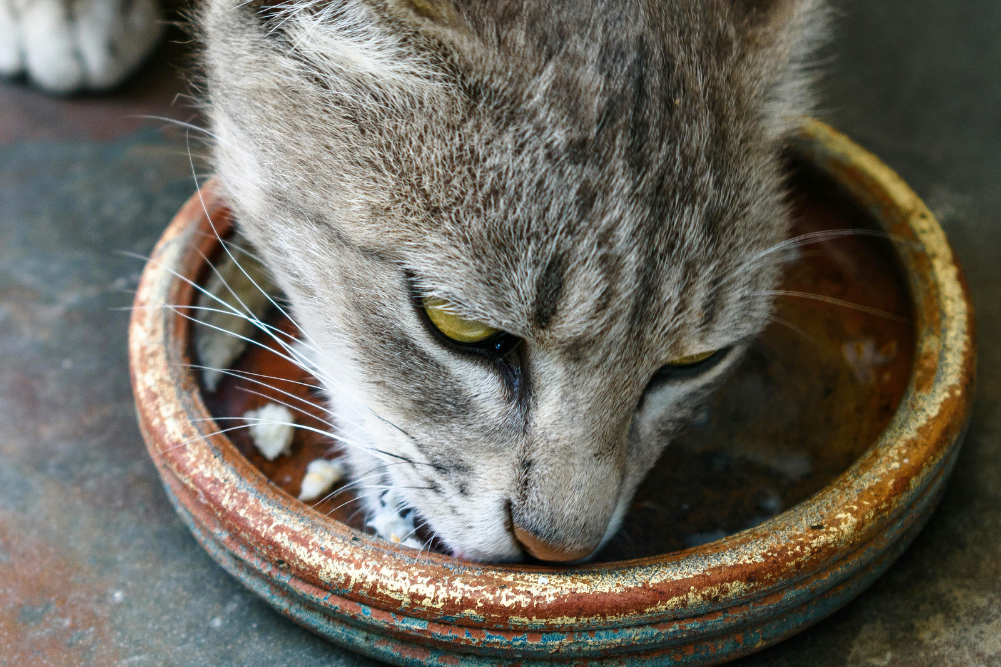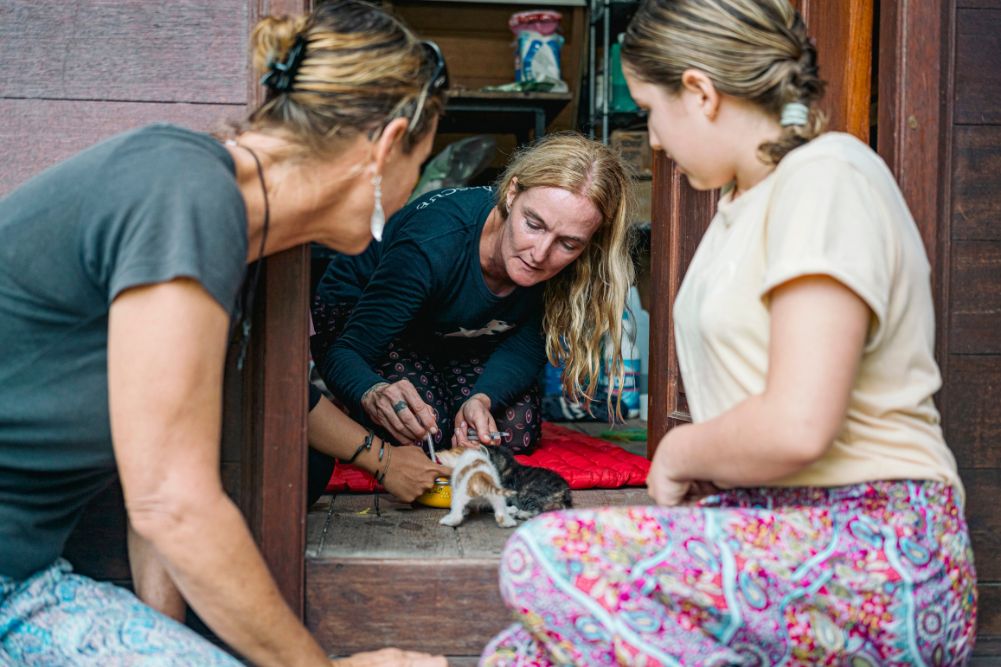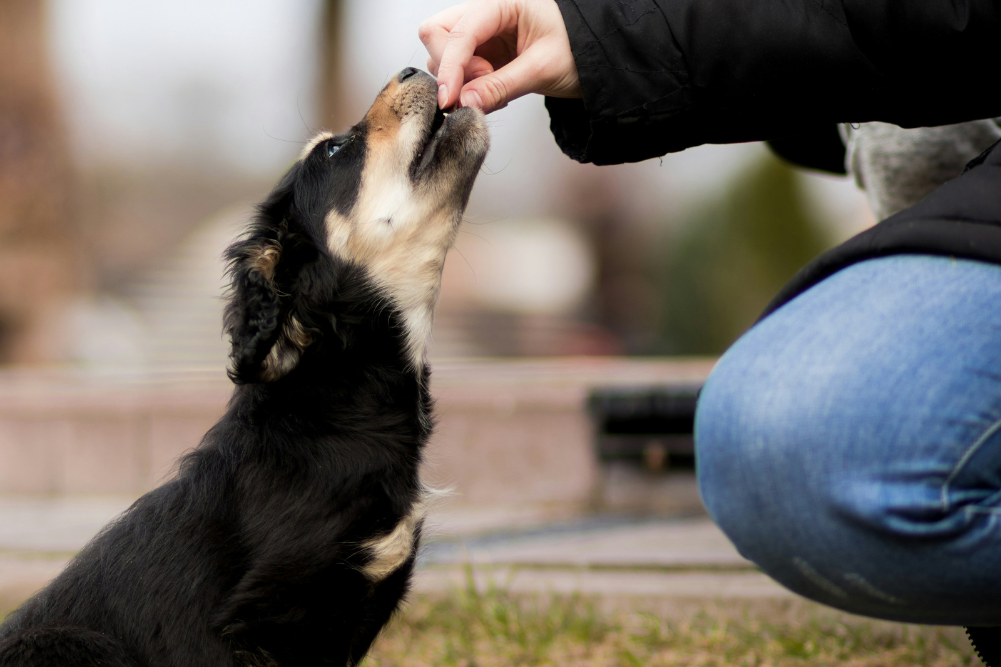Pet eye disorders
Eyes are the window to your pet’s health. As part of a veterinary exam, we assess dogs’ and cats’ eyes for redness, cloudiness, pain, discharge, excess tearing or vision problems. Older pets may show changes associated with high blood pressure or cataracts (possibly due to diabetes mellitus).
In Traditional Chinese Medicine (TCM) the eye is linked to the liver meridian; liver blood is required to moisten and nourish the eyes. Acupuncture points around the eye also link to the bladder, stomach, triple heater and gall bladder meridians.
Integrative treatment of eye problems includes strategies to address inner health imbalances (herbs, diet, lifestyle and acupuncture) and strategies to support eye health (supplements, herbs and topical treatments) as well as specific medical treatments as required.
If your pet is in pain, or if the eye is very red, cloudy or appears swollen, please contact your local vet.
Many eye conditions will need initial conventional intervention. Glaucoma is an acute and painful emergency. Eye trauma may require urgent surgery. Deep corneal ulcers need immediate treatment to prevent rupture of the eyeball. If your pet is in pain, or if the eye is very red, cloudy or appears swollen, please contact your local vet.
For eyes that show mild redness and itch, especially if seasonal, gently rinsing twice daily with black tea will soothe and remove irritants (try this yourself if you have dry, itchy eyes). To prepare the tea, use one teaspoon of black tea or a good-quality teabag and allow it to steep and cool for 20 minutes in just boiled water. Make sure it is not too hot. Using a cotton ball, wipe from the nose to the outside of the eye.
Conjunctivitis in TCM is associated with damp and heat accumulations, possibly due to an underlying liver blood deficiency, or spleen deficiency. In conventional medicine it may be due to allergies, infection, dry eyes or environmental irritation.
A holistic approach will include eye cleaning and bathing plus steps to address the underlying disorder. For instance, diet changes (reduced cereals and processed foods to support the spleen, increased antioxidants, including berries, leafy green vegetables and organ meat to tonify liver blood). Sometimes a hypoallergenic diet trial will help resolve recurring conjunctivitis.
Herbs used internally may include TCM herbal formulae to drain heat and damp. Eyebright (Euphrasia officinalis) can be made up into an eyewash. One tablespoon of dried herb is placed in 500mL of water and the whole boiled for 10 minutes, filtered and cooled. Use on cotton balls as an eyewash/compress three to four times daily. Calendula (Calendula officinalis) may also be used.
Dry eye disorder (keratoconjunctivitis sicca or KCS) is a problem of low- or poor-quality tear production seen in older dogs. Signs include eye discharge which may be sticky, red eyes and sometime evidence of inflammation of the cornea including small blood vessels, or pigmentation. Diagnosis is usually by a special tear test. Conventional treatments may include the addition of artificial tears or lubrication, cleansers and sometimes immune-suppressing eye medications, which help reduce inflammation and stimulate renewed tear production.
Cataracts are changes to the lens resulting in opacity and reduced vision. Early treatment is recommended, so if your pet’s eyes seem cloudy have them checked.
In TCM, KCS may be associated with liver blood deficiency. Support may include TCM formulae to tonify liver blood, the addition of organ meat, essential fatty acids and antioxidants to the diet, and acupuncture. Topical vitamin A, in the form of cod liver oil drops, may also help. (Check with your vet or a holistic vet first.)
Cataracts are changes to the lens resulting in opacity and reduced vision. Early treatment is recommended, so if your pet’s eyes seem cloudy have them checked. A veterinary exam will help differentiate cataracts from nuclear sclerosis, another age-related change of the lens but with minimal effects on vision.
If diabetic cataracts are present, diet and herbal strategies to manage blood sugar are undertaken and may need to be combined with insulin therapy. Combinations of antioxidants (vitamins C and E) support lens health.
For cats with conjunctivitis or corneal ulcers caused by herpes virus infection, the recurring inflammation may be eased by the addition of L-lysine at 250–500mg once to twice daily, as well as immune support (eg medicinal mushrooms). Other integrative treatments that may be used for deep corneal ulcers include autologous serum (serum from your pet, prepared by your vet and made into drops to be used in their eyes) and homœopathic anti-inflammatory eye drops. These treatments will need to be combined with specific medicated eye drops at least initially.
Progressive retinal atrophy (PRA) is a genetic disorder which impacts on vision. Bilberry has been shown to support retinal function. Other antioxidants which may help include vitamin E and vitamin A (check with your vet before using).
For general eye health, supplement your pet’s diet with bilberry, a potent antioxidant, as well as B vitamins, fish oil and zinc.








